Finances
What is a student loan, and how does it work?
Student loans can be a little confusing to understand at first. But once you know the basics, they're not so bad! In this blog post, we'll break down what student loans are, how they work and why they might be a good option for you.
Advertisement
What you should know before applying for one!

When you’re young and just starting, the possibilities seem endless. But, if you intend to go to college, you better learn what a student loan is.
You can be anything you want to be, do anything you want to do. And one of the goals many young people have is to get a good education.

What are the 10 most expensive colleges in US
We know college can be expensive, but do you know which colleges are the most expensive in the US? This post will tell you.
But getting a good education doesn’t come cheap – tuition rates are constantly increasing, and it’s becoming more and more difficult for students to afford school without financial assistance.
That’s where student loans come in – they help bridge the gap between what students can afford and the cost of tuition.
But what are student loans? And what should you know before taking on student loan debt? Keep reading to find out!
What is a student loan, and what are the different types available
A student loan is a type of loan designed to help students pay for their education. The funds from a student loan cover tuition, books, and other expenses related to school.
Student loans typically have lower interest rates than other types of loans, and they may offer deferment or forbearance options for borrowers struggling to make payments.
There are two main types of student loans: federal and private student loans.
You will be redirected to another website
By submitting this form, I agree that I am 18+ years old and I agree to the Privacy Policy and Terms and Conditions. I also provide my signature giving express consent to receive marketing communications via automated emails, SMS or MMS text messages and other forms of communication regarding financial products such as credit card and loans. Message frequency varies and represents our good faith effort to reach you regarding your inquiry. Message and data rates may apply. Text HELP for help or text STOP to cancel. I understand that my consent to receive communications is not a condition of purchase and I may revoke my consent at any time.
Federal Student Loans
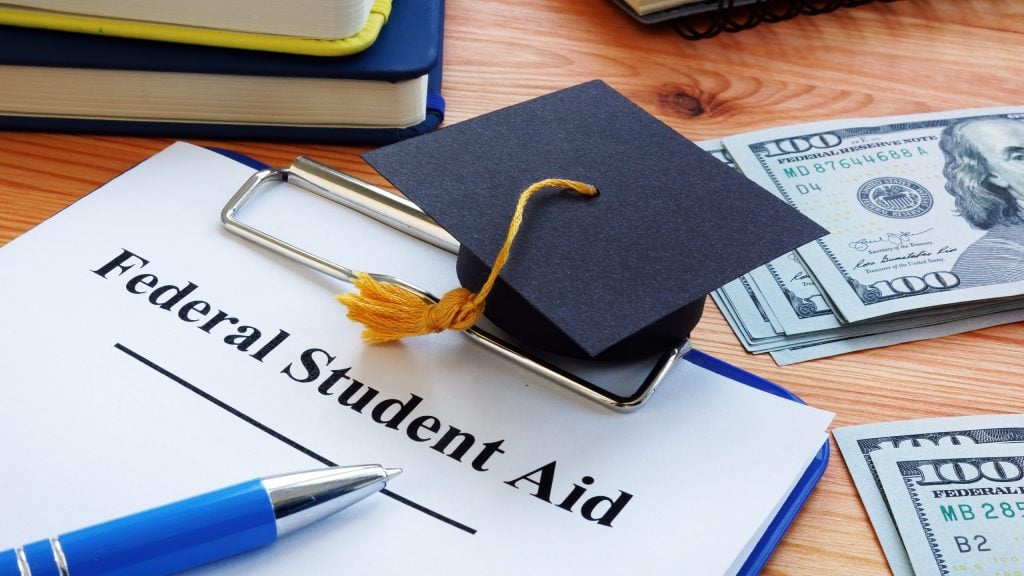
A federal student loan is a loan that the US federal government provides to help students pay for their post-secondary education. They typically have lower interest rates than private loans, and they offer repayment options that can make it easier for borrowers to manage their debt.
The four types of Federal Student Loans
There is more than one kind of federal loan. Let’s find out which one is right for your situation.
Direct Subsidized Loans
These are need-based loans, meaning that the student must demonstrate financial need to qualify. The government will pay the interest on these loans while the student is in school and during any deferment periods.
Direct Unsubsidized Loans
This loan doesn’t require proof of financial need, and the student is responsible for all interest on the loan.
Direct PLUS loans
Available to graduate and professional students and parents of dependent undergraduate students. These loans have a fixed interest rate and can be used to cover the cost of tuition and other expenses.
Parent PLUS loans
These loans also have a fixed interest rate, but they are only available to parents of dependent undergraduate students.
Private Student Loans
Banks and other financial institutions issue private student loans rather than the government.
Private loans usually require a co-signer and may have higher interest rates than federal student loans. However, private loans can sometimes offer more flexible repayment options than federal loans.
What is an Interest Rate on a Student Loan?
An interest rate is the percentage of your loan you will pay back in addition to the principal (the original amount borrowed).
For example, if you take out a $10,000 loan with a 5% interest rate, your total repayment amount will be $10,500 ($10,000 + $500 in interest).
Interest rates can be either fixed or variable. A fixed interest rate means that the rate will never change for the life of your loan. Depending on market conditions, a variable interest rate can go up or down over time.
The vast majority of student loans in the United States are federally-backed loans with fixed interest rates. Federal student loan rates are set by Congress and usually change yearly.
Currently, federal student loan rates for undergraduates are between 4.45% and 7%, depending on the type of loan. Graduate students typically pay a higher rate, between 6% and 8%.
Your interest rate will likely be variable if you have a private student loan from a bank or other lender.
Private student loan rates are set by each individual lender and can vary widely from one lender to another. It’s important to compare rates from multiple lenders before taking out a private student loan.
Student loans in America usually come with a “grace period” – meaning you don’t have to start making payments until after you graduate (or drop below half-time enrollment).
For federal loans, that grace period is typically six months long. Private loans vary by lender but are often shorter (sometimes as short as 30 days after leaving school).
If you don’t make payments during your grace period, your entire unpaid balance will begin accruing interest at that point.
What are the repayment options for student loans?

There are several different ways that you can repay your student loans. The most common option is to make monthly payments directly to the lender.
You can also choose to consolidate your loans, combining all of your loans into one single loan with one monthly payment.
There are also repayment plans available that income-based, which base your monthly payment on your income and family size.
You can usually qualify for an income-based repayment plan if you have a low income or are experiencing financial hardship.
What happens if I can’t repay my student loan
If you take out a student loan, you will be responsible for repaying the borrowed amount, plus interest and any applicable fees.
If you are unable to repay your student loan, there are a few things that could happen. One option is to defer your payments, which means you would put off making any payments until later.
Another option is to enter into forbearance. This would allow you to make reduced payments or stop making payments altogether temporarily.
However, both of these options typically have consequences, such as an increase in the total amount owed or damage to your credit score.
In some cases, it may even be possible to have your student loan discharged through bankruptcy.
And it’s not just students that can do that. Even some celebrities have filed for bankruptcy to get out of debt. Wanna know more? Read this next article on Celebrities who went bankrupt to find out who they are!

Celebrities who went bankrupt: from top to flop
Celebrities are not immune to financial trouble. Some of them may have had all the money in the world, but that doesn't mean they were good at managing it.
Trending Topics
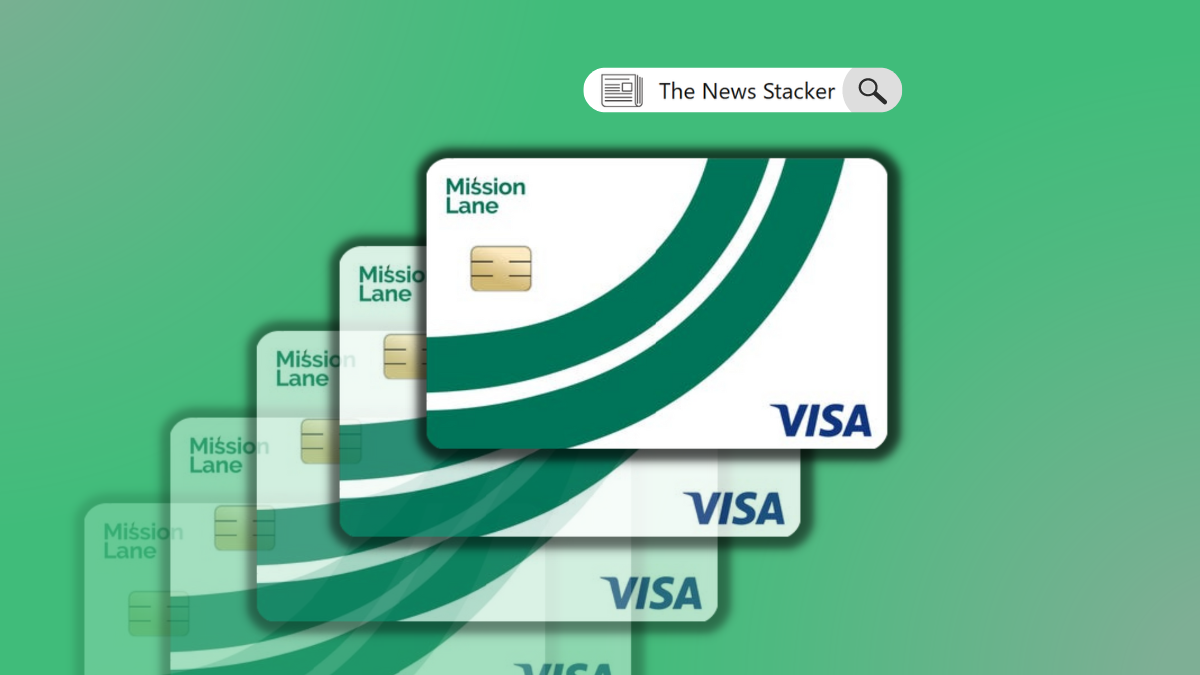
Mission Lane Visa credit card review: Get your credit history on the track
Are you looking for a great all-around credit card with a low fee? Check out this Mission Lane Visa Credit Card review!
Keep Reading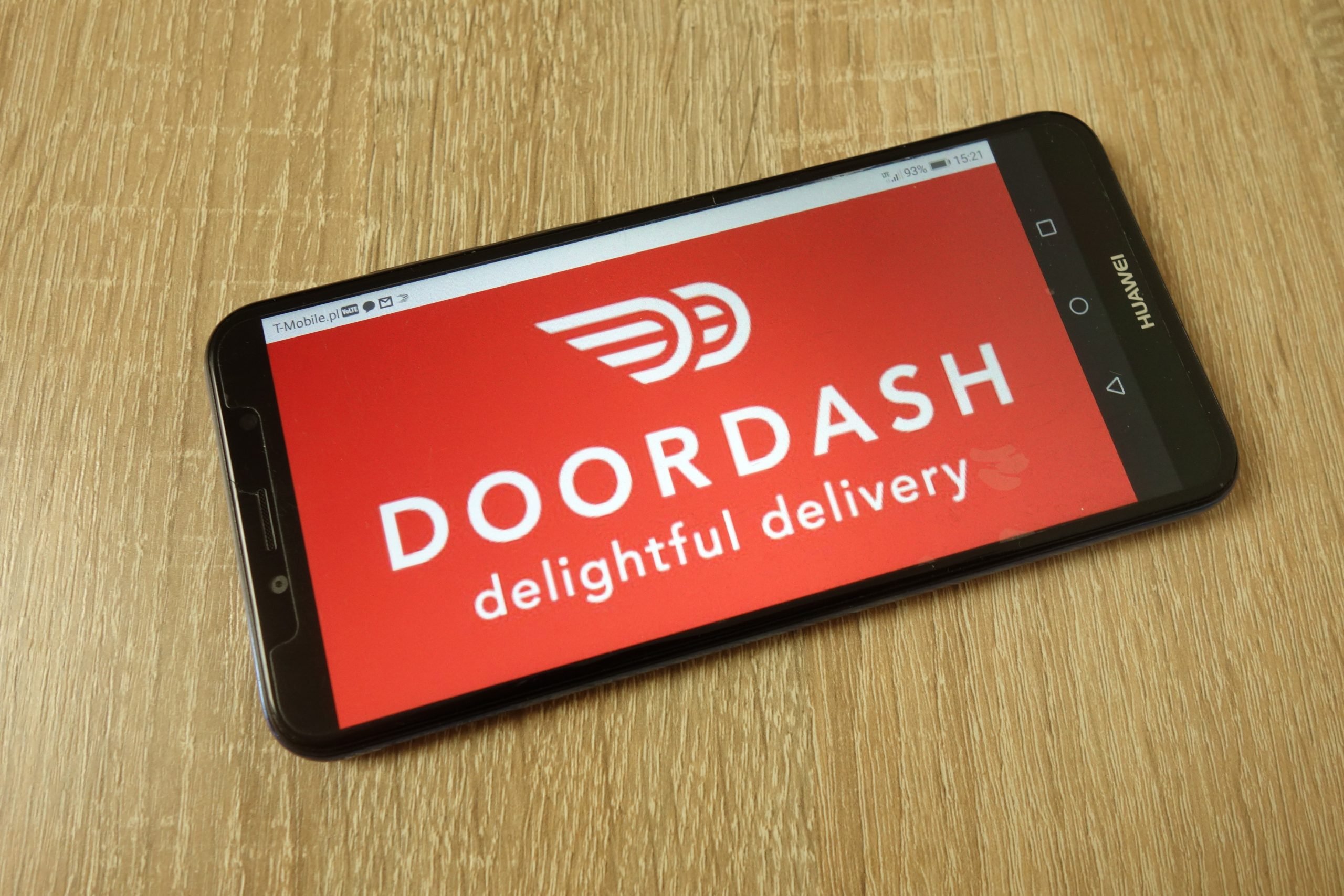
How to remove a credit card from DoorDash?
DoorDash is a great service, but sometimes you must remove your credit card information. In this blog post, we'll show you how to do it.
Keep Reading
Security Token Crypto: everything you need to know about it
Security token is a new digital asset, similar to traditional securities. Find out how these assets work and what you need to know about it.
Keep ReadingYou may also like

Protester invades the pitch at the 2022 World Cup
A protester took his causes to the pitch on Monday night’s match between Portugal and Uruguay at the FIFA 2022 World Cup.
Keep Reading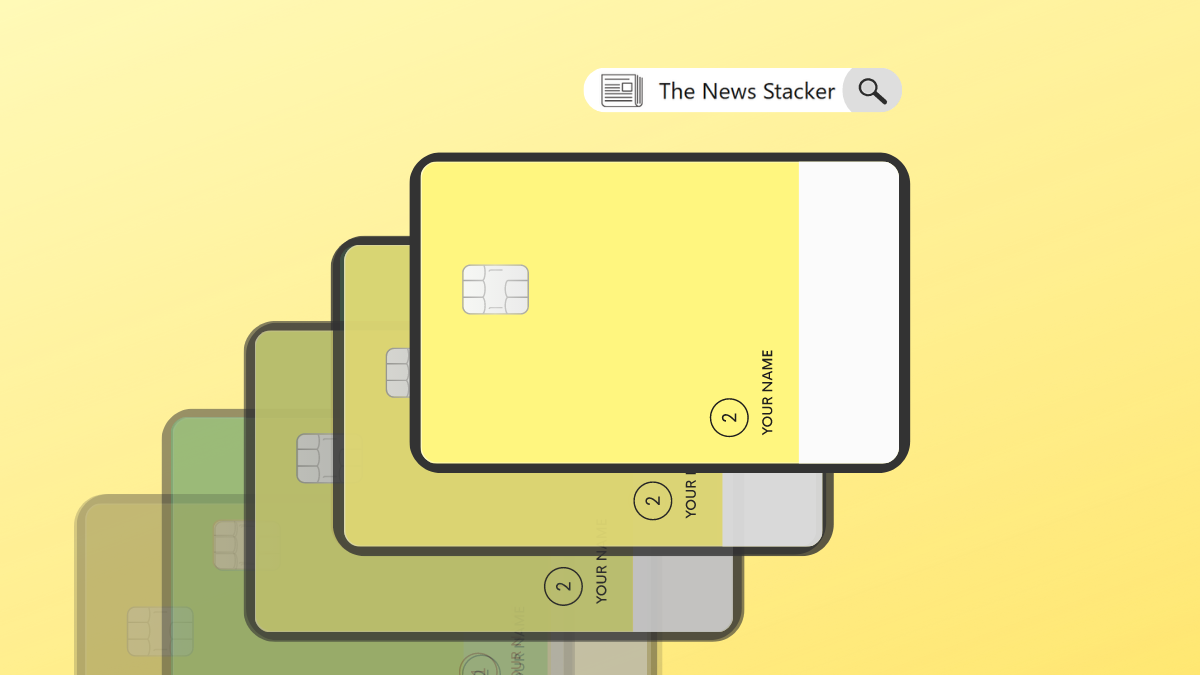
Petal® 2 “Cash Back, No Fees” Visa® Credit Card review
If you’re looking for a credit card that offers no annual fee and cash back rewards read this Petal® 2 Visa® Credit Card review.
Keep Reading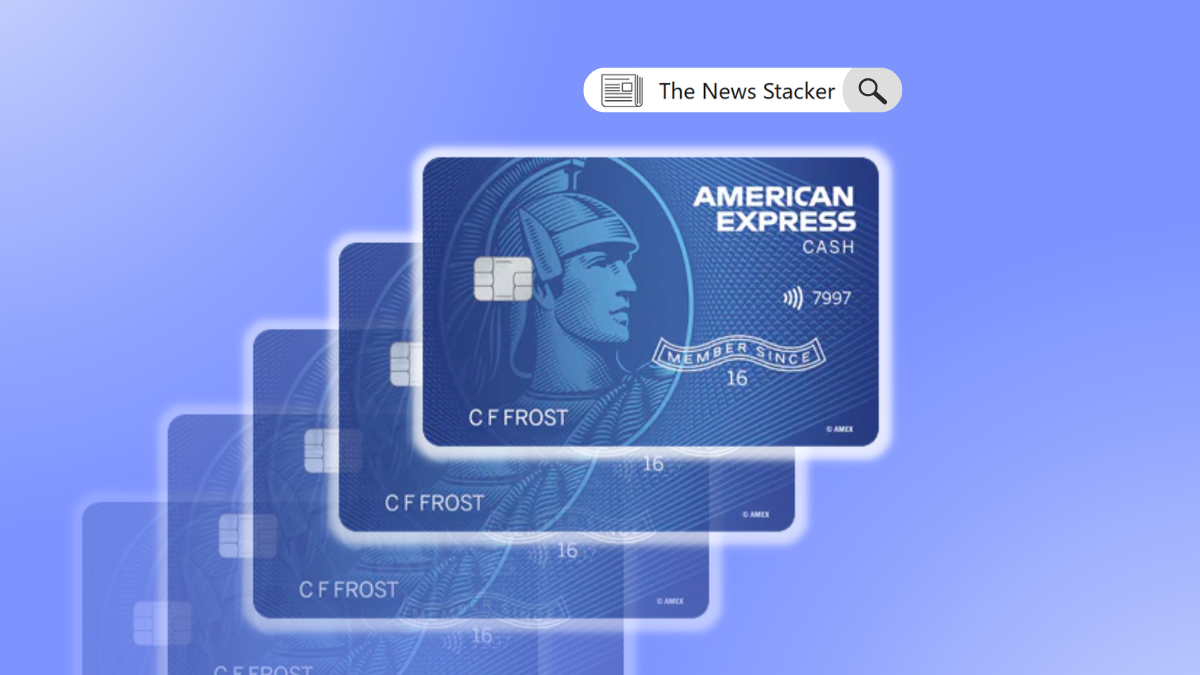
Cash Magnet® Card review: Get more from your spending with American Express
Do you want more rewards for your spending? Check out the Cash Magnet® Card review. With its great benefits, you can rack up points!
Keep Reading